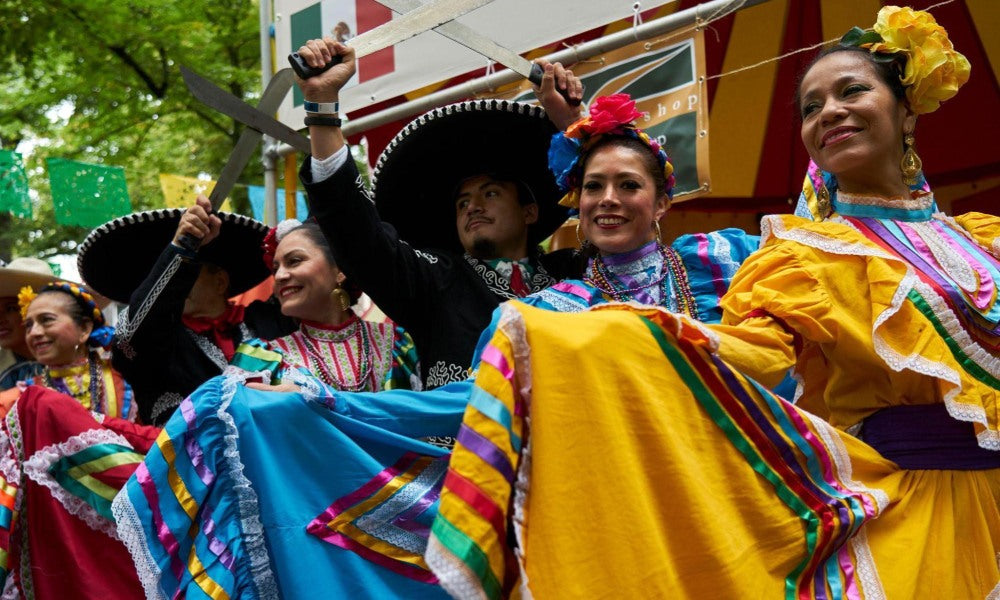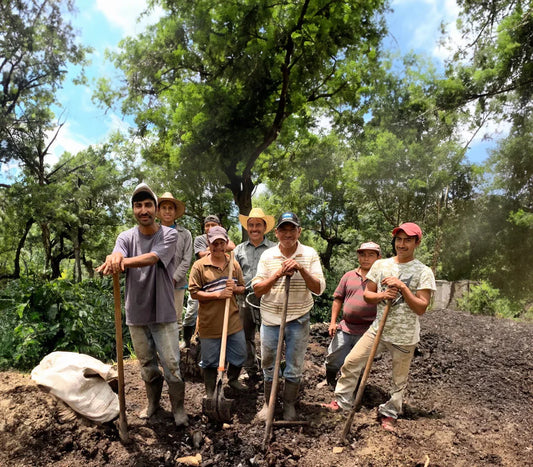
Why the Terms Hispanic and Latino Should Not Be Mixed
While each person is free to identify themselves in their own way, understanding the roots of these terms is fundamental.
Have you ever been called by the wrong name? It’s not the best feeling in the world, particularly if it happens regularly.
Jump to:
Well, this is quite common for individuals who were born in Latin America or whose families descend from there.
But rather than people mispronouncing our names, it is our ethnicity, culture, and identity that are often confused and mislabeled.
This is typically due to the misuse of the terms Hispanic and Latino.
Hispanic vs Latino: What’s the difference?
Knowing the difference between these two terms begins by learning about their origins and how people used them.
Before the 1970s, the US Census Bureau classified Latin American immigrants as white. This act of mislabeling sparked a large controversy among the Spanish-speaking community because one’s identity was being stripped away by the misuse of a term.
You might think that being labelled as “white” would be automatically met with a change in the way you are treated, but this was certainly not the case.
Cristina Mora, a UC Berkeley associate professor of sociology and Chicano/Latino Studies shares how this misclassification erased people from their community: “Latinos lived their everyday reality as Latinos, a sometimes Spanish-speaking world with places where they were not allowed, in swimming pools, school districts and other public places.”
Later, the term Hispanic was adopted by the US Census Bureau to define the Spanish-speaking community, while also recognizing their US identity. As Professor Mora explains: “‘Hispanic’ was seen as a term that could be viewed as much more ‘American’.”
So, what does the term Hispanic mean?
Hispanic refers to individuals in America who speak Spanish and or have descended from Spanish-speaking communities.
“This term refers to people who share the common language that is Spanish,” says Mintzi Martinez-Rivera, Associate Director of Latino Studies at Indiana University. “This was actually a word adopted by the US government in the 1970s to give people from Latin America a common identity.”
Latino, on the other hand, generally refers to one’s geography. For example, anyone born in or with ancestors from Latin America, including Central America, South America, and the Caribbean. Dr Mintzi Martinez-Rivera explains that Latinos are "any person of Latin American descent residing in the United States.”
As NPR notes, this is not to be confused with Latin Americans, which refers to the people actually living in Latin America right now.

Can Hispanic and Latino be used interchangeably?
Ideally, no. The two terms have different definitions and should be applied correctly.
However, in reality, it is more complicated and varies depending on the person you are interacting with. The best approach is instead to ask the person about their preference, since people may refer to themselves as one of the two terms – or neither of those terms, regardless of the “official” definitions.
People may refer to themselves as Hispanic, Latino, or even prefer a hyphenated label (e.g., first-generation individuals whose families are from another county outside of the US might say they are Mexican-American, Bolivian-American, Panamanian-American, etc.).
It also varies based on geographical region. For instance, individuals in urban areas and on the US coast prefer the term Latino, whereas people in rural areas are more likely to use the term Hispanic. However, there are exceptions to this term, and it typically goes back to the individual's preference.
I’m sure this can sound confusing to anyone who is non-Latino or non-Hispanic (and, if it’s any consolation, this can be equally confusing to someone who identifies as one or more of these terms).
How do we combat the misuse of these terms?
With any terminology that has a lot of meaning and purpose, it is always best to educate ourselves, our peers, and our families, as well as everyone around us. We can do this by learning more about these terms and coming to a conclusion ourselves.
Once we accomplish this, we can then embrace it and share with others the term that we would like to be referred to.
Ending the misuse of these terms is a challenge. However, by beginning with our inner circles we can then get that much closer to using the terms in the way that is most appropriate to each person.


